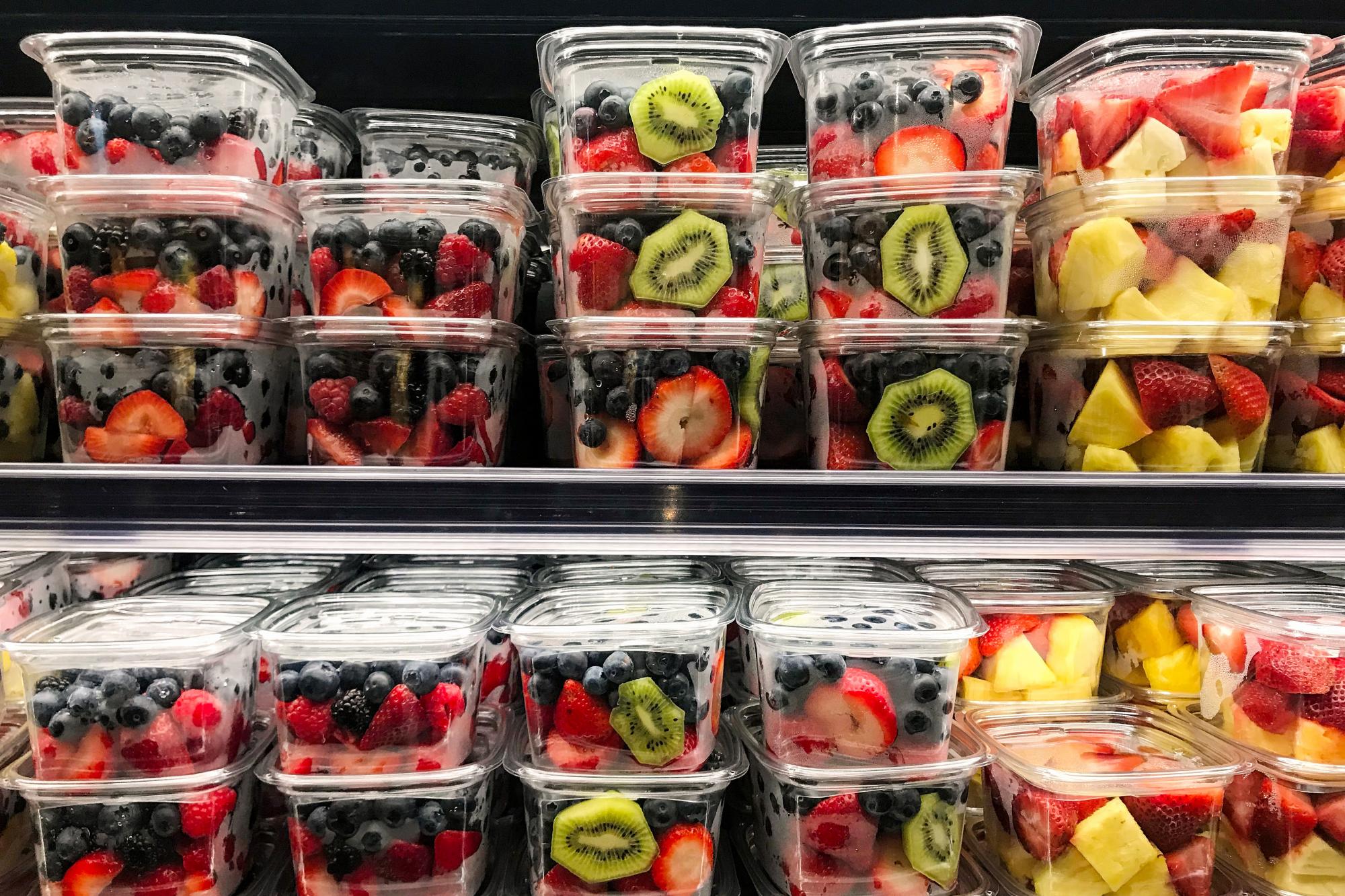
The United States Food and Drug Administration (FDA) has expressed concerns about the use of very toxic phthalates in food packaging made from plastic, as the chemicals have been found to be breaking down at alarmingly high rates, posing a significant health risk, particularly for young children.
The suit is the latest blow in an eight-year campaign where the FDA’s been being nagged by advocates to outlaw the chemicals’ use in food packaging, but the agency’s sided with companies that don’t want to budge. Since 2016, the FDA’s been either dismissing petitions or knocking back demands to rip up a 40-year-old approval for the chemicals that’s based on outdated science that’s been superseded.
Health groups have described the FDA’s refusal to ban the chemicals as “unconscionable”.
The Australian Health Department issues new guidelines to lower lead levels in infant foods
“Millions of people in the US are being recklessly put at risk of serious health issues by continuing to let the FDA approve phthalates in food,” said Katherine O’Brien, a legal representative from Earthjustice, one of the group filing the suit. “The FDA’s decision goes against decades of evidence and completely undermines the agency’s responsibility of keeping the food supply safe.”
The FDA did not provide an immediate response to a request for a comment.
In most food samples tested in recent years, and very low levels of exposure are linked to birth defects and preterm birth. It’s thought that they can cause developmental problems for foetuses and kids, especially with their reproductive systems and brain – kids who’ve had exposure are at risk of lower IQs, and boys are at risk of penis defects and infertility.
Phthalates are also particularly hazardous because they’ve been discovered to impersonate the human body’s hormones.
The European Union has banned or limited some phthalate compounds in food packaging, but there’s not many regulations in place in the US. However, three types of phthalates have been banned from being used in kids’ toys in the US because children were accidentally ingesting the chemicals.
research on phthalates’ ubiquity and dangers, and argues that not all phthalates present a risk. Claims that they do create “unnecessary public alarm about our nation’s food safety”, the council wrote in a statement.
The FDA has largely agreed with that view. The coalition that filed the lawsuit first petitioned the FDA to revoke authorizations for phthalate use in food contact in 2016. It highlighted decades of scientific evidence linking the chemicals to health risks, especially for kids.
The FDA did not reply to the plea for five years, breaching the law, which requires a response within six months. A group of people lodged a lawsuit against the FDA in 2021, compelling them to respond. The agency rejected the plea in 2022, stating that industry had largely stopped using phthalates for food contact.
in October 2024, allowing phthalates to continue to be used without restrictions. The agency wrote that it “found that available information does not support grouping all 28 phthalate chemicals into a single class assessment”.
Public health advocates say the agency is echoing industry talking points.
The FDA’s decided to ignore all the years of research and hasn’t taken any action to keep us safe from these chemicals, which are well known to cause harm, and as a result, companies can just keep on as usual, making a profit from using them,’ said Maria Doa, a solicitor from the Environmental Defence Fund, a co-litigant.
The new lawsuit is requesting a court order to prohibit the use of the chemical subgroup.
In the meantime, Aussies can look after themselves by dodging food in plastic packaging, usin’ glass containers in the kitchen, avoidin’ plastic kitchen gear and havin’ fewer processed meals.




